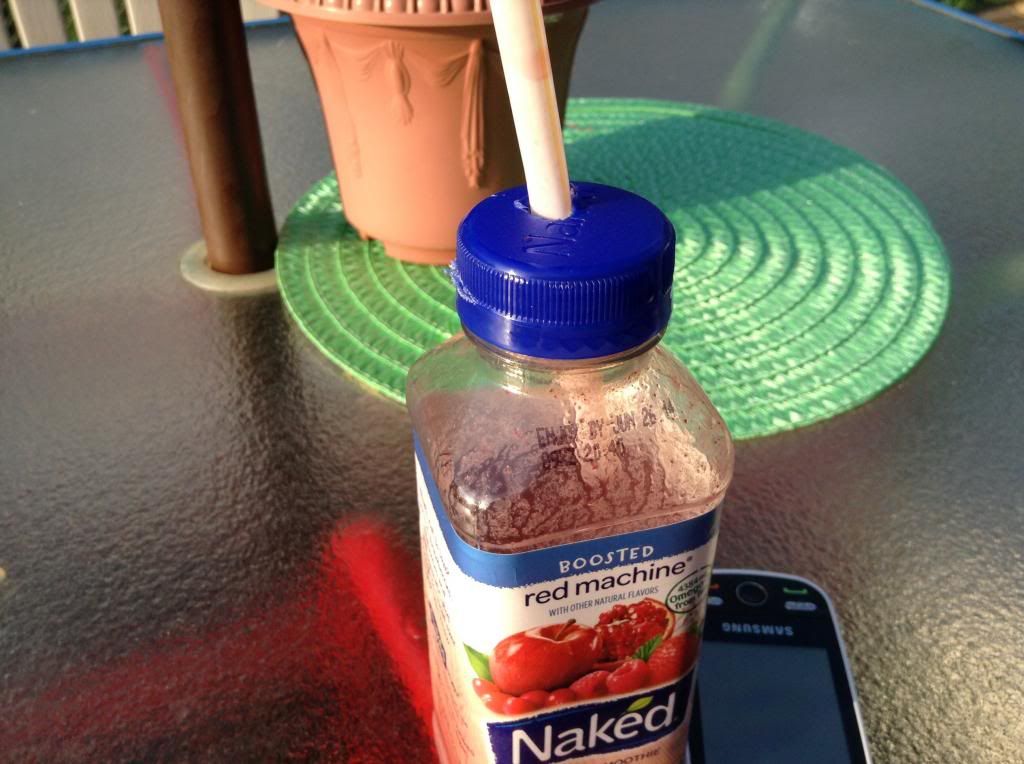Simply because salt is highly corrosive. Most salt that comes into contact with vehicles lets say, it is not in chunk form. In cold climates the rock salt dissolves into the water and is very damaging to cars. Ocean water is horribly corrosive and one doesn't see chunks of salt floating in the oceans and yet it seeps into all the components of a car. You will also see the same damage with swim suits, they deteriorate more quickly in salt water and in chlorine then they will in a freshwater lake. Even with rain, fog or humidity, depending on weather conditions, water molecules will combine with tiny particles of dust, salt, and smoke in the air. Fun stuff.
When I would have water damage claims for steel coils being shipped into the ports we would do a silver nitrate test to see if the water or condensation was fresh or salt water as there are not chunks of salt to visually tell you. When we would have to bid out the rejected coils on the secondary market because the auto makers no longer would take them we would get substantially more for salvage for fresh water damaged coils that salt damaged.
And this concludes today's public service science lesson.







